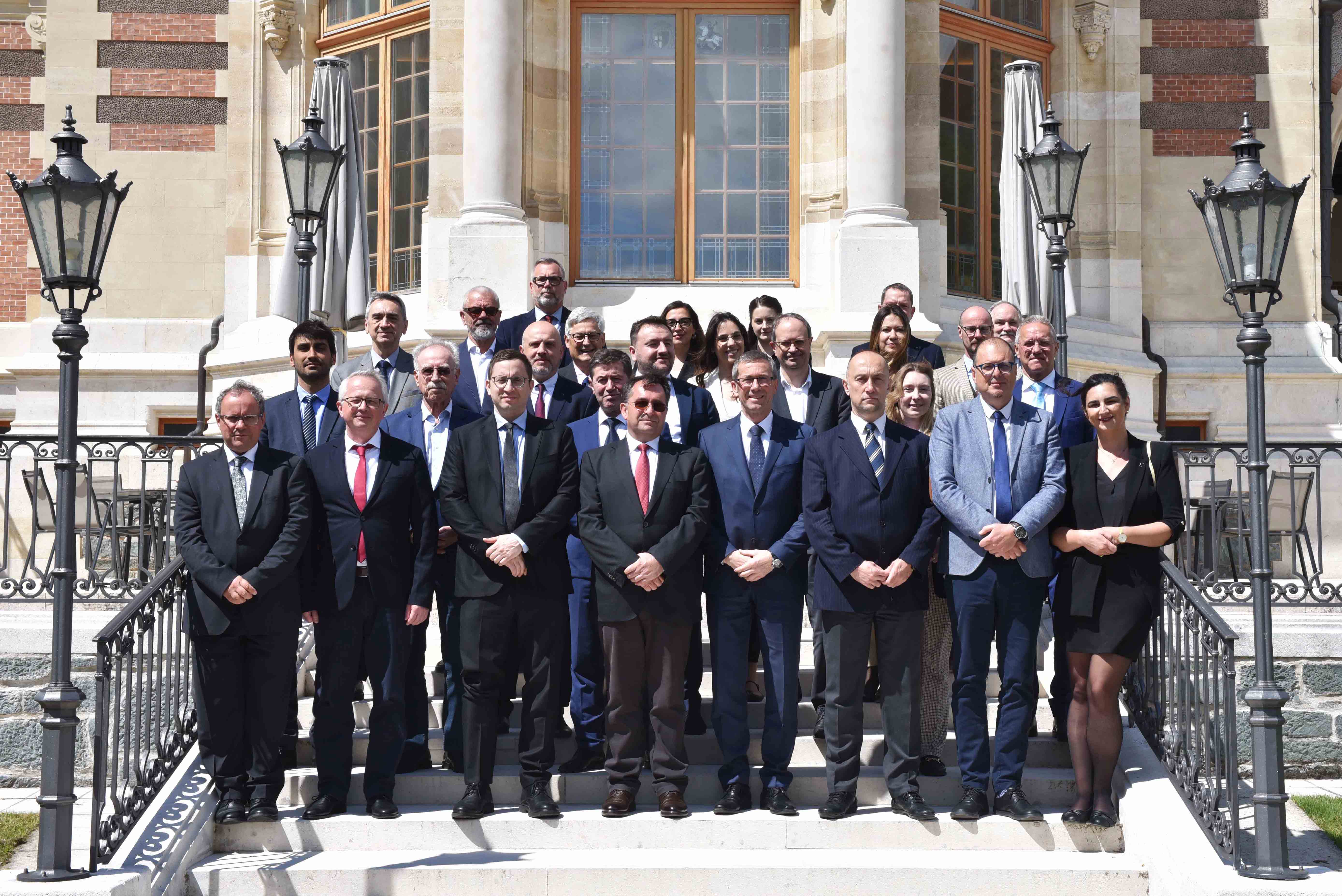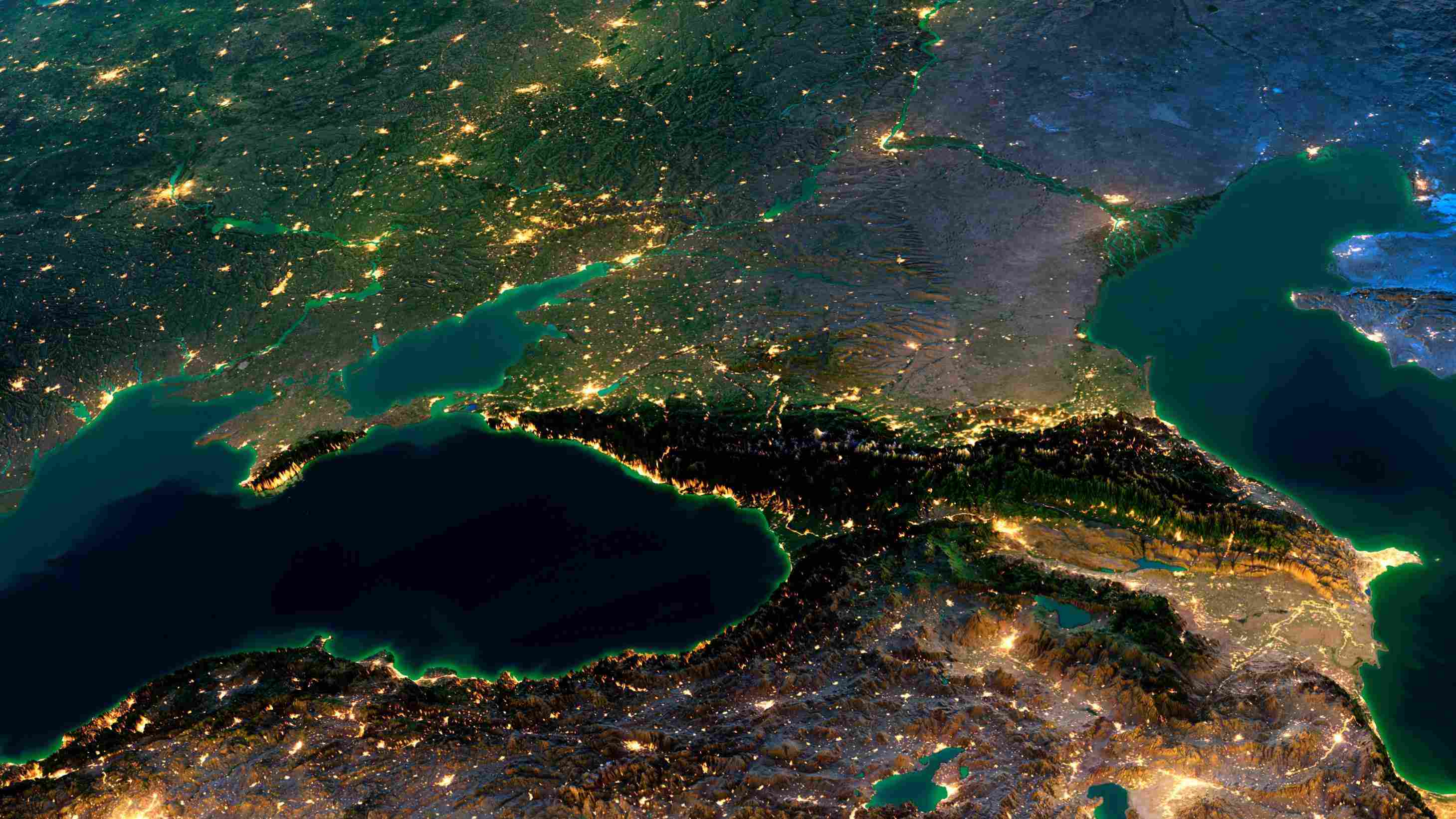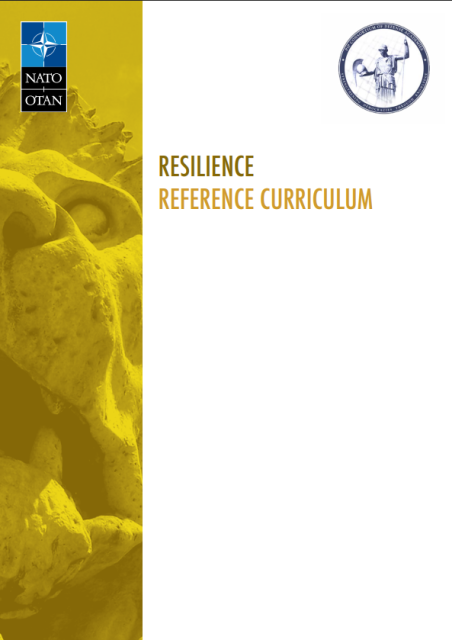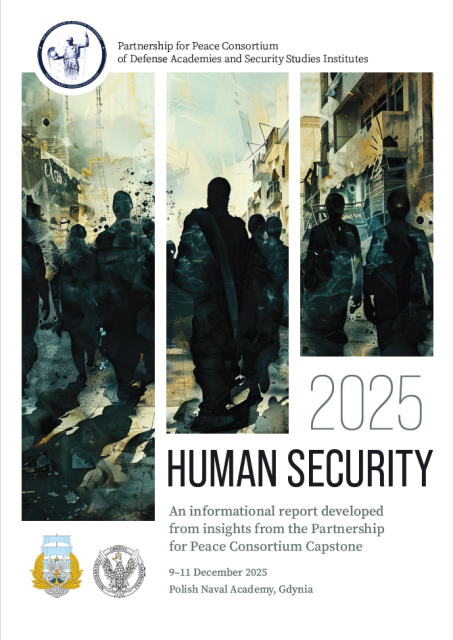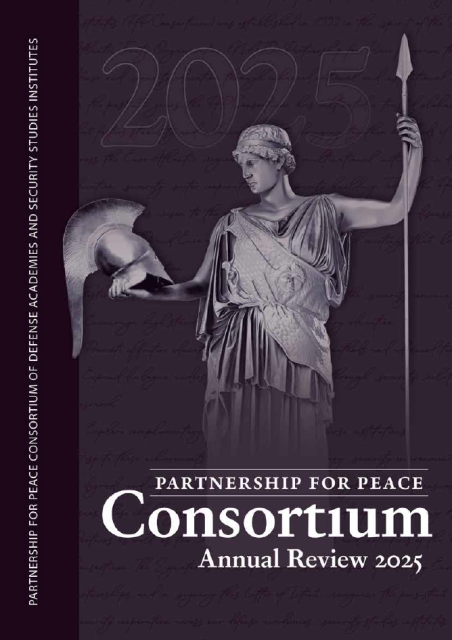
REICHENAU, Austria - From May 15–18, 2025, more than 30 security experts, historians, and policymakers gathered at the Reichenau Seminar Center for the 48th Workshop of the Partnership for Peace Consortium’s Study Group on Regional Stability in South East Europe (RSSEE). Hosted with support from the Austrian Ministry of Defence, the workshop focused on how differing perceptions of security across the Western Balkans are impacting efforts toward regional cooperation. As EU integration slows and bilateral frictions increase, participants sought to answer a pressing question: are countries in the region building bridges or deepening divides?
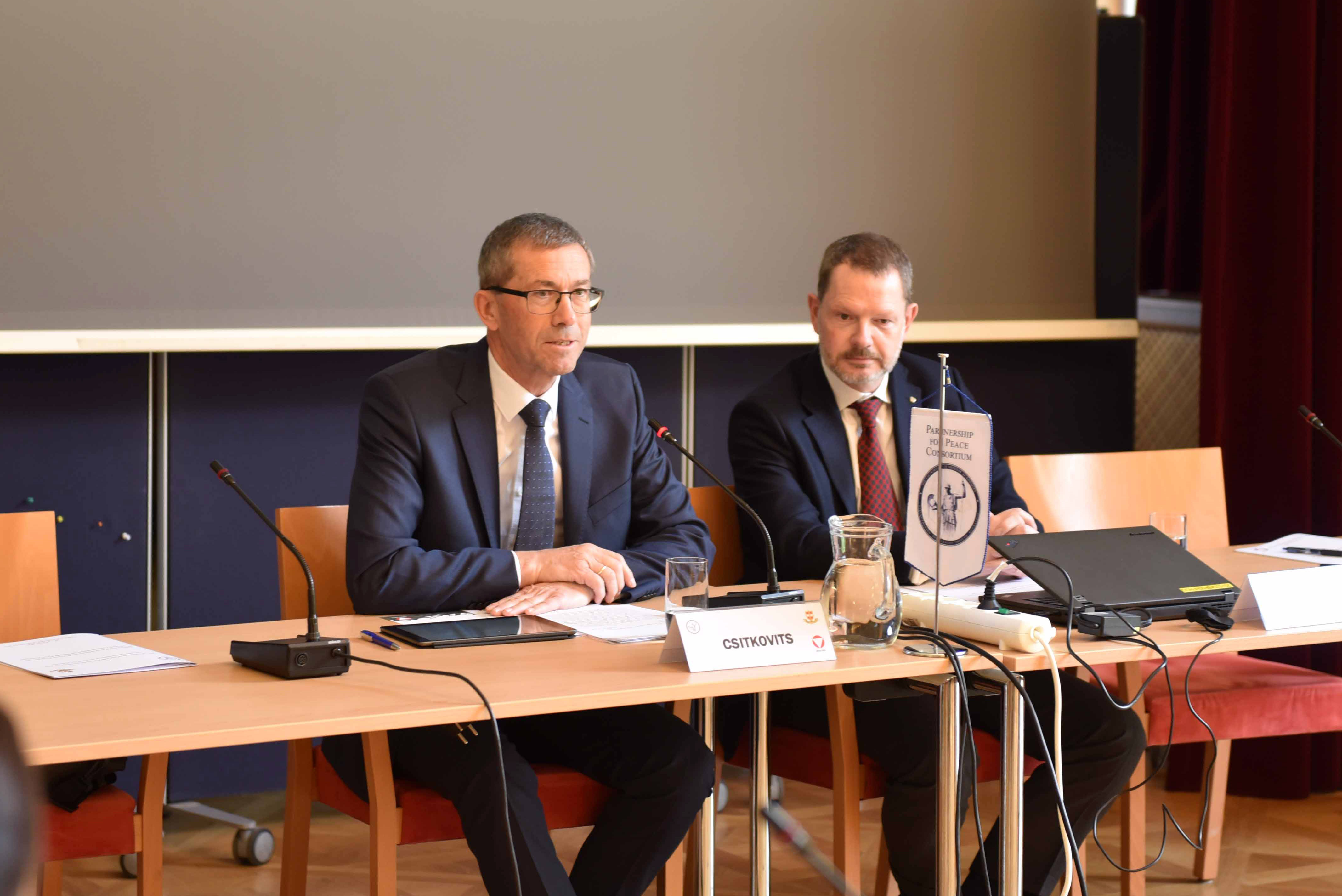
Tackling Structural Challenges and Fragile Security Frameworks
Discussions highlighted that the Western Balkans region is only partially functioning as a cooperative security space. NATO member states like Albania, North Macedonia, and Montenegro benefit from structured alliances, while non-NATO countries such as Bosnia and Herzegovina, Serbia, and Kosovo face greater obstacles. A recurring concern was the influence of geopolitical rivalries, unresolved national disputes, and democratic backsliding—particularly in Serbia—which threaten long-term peace. The security situation in Kosovo’s north, tensions between Croatia and Montenegro, and North Macedonia’s stalled EU path due to identity politics also drew attention. Throughout the workshop, experts emphasized the vital role of international organizations such as NATO, the EU, OSCE, and RACVIAC in sustaining peace operations and reform efforts.
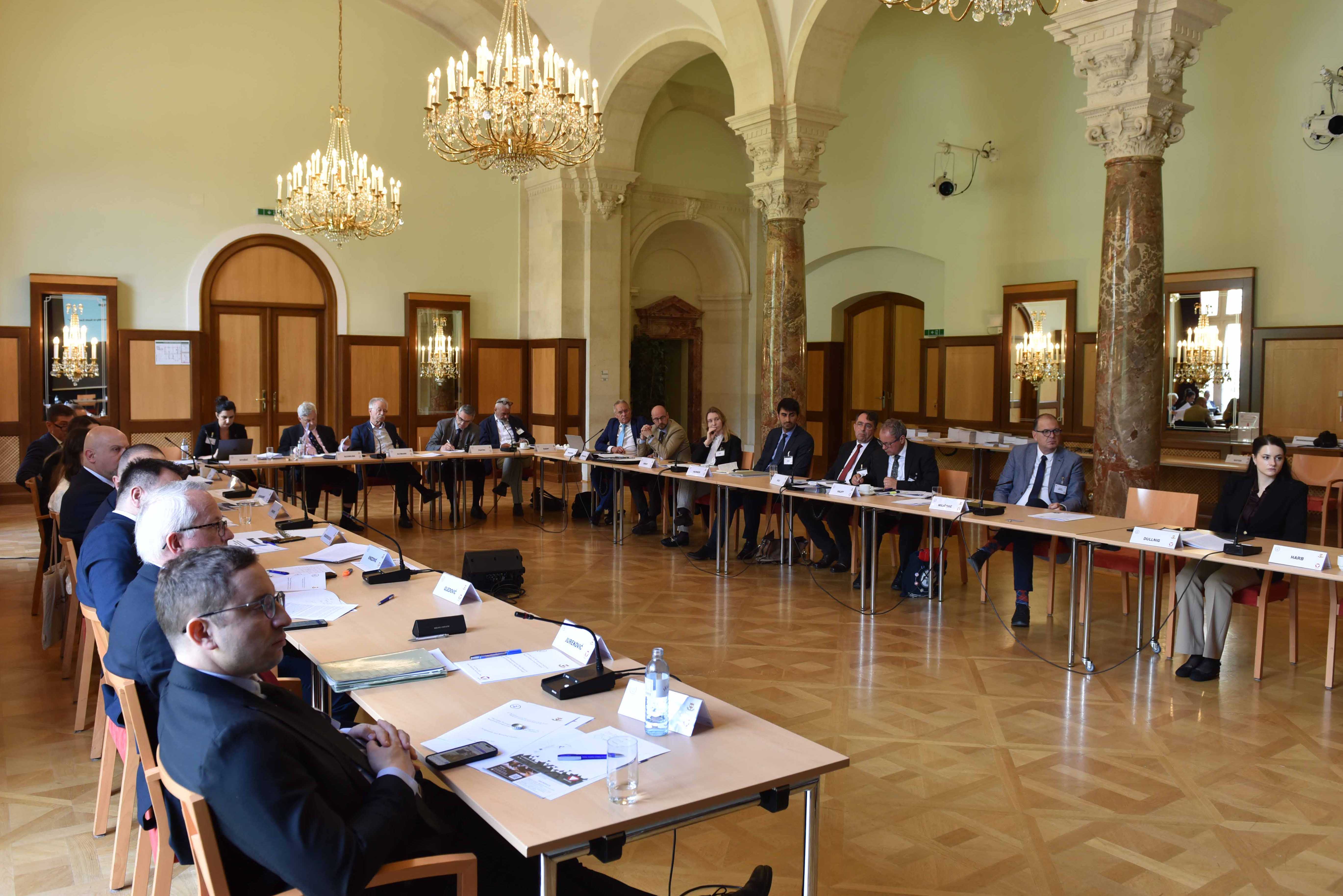
Concrete Policy Recommendations Target Decision-Makers Across Europe
The workshop culminated in a detailed set of policy recommendations aimed at national governments and key international actors. These include the creation of a multilateral Western Balkans security coordination hub under the Regional Cooperation Council, the institutionalization of youth participation in security processes in line with UN Resolution 2250, and the formation of a NATO Hybrid Resilience Task Force. Calls were also made for the EU to adopt a firmer stance on rule-of-law deficiencies and authoritarian practices, particularly in Serbia, and to develop a unified position on Kosovo’s EU integration. These recommendations reflect the consensus that only through sustained, inclusive cooperation can Southeast Europe overcome historical divisions and move closer to a secure and integrated future.
The Policy Recommendations from this event are located on our products page, here. Alternatively, you can download them from the side bar on the left.
You can learn more about the Regional Stability in the South Caucasus Study Group here.
